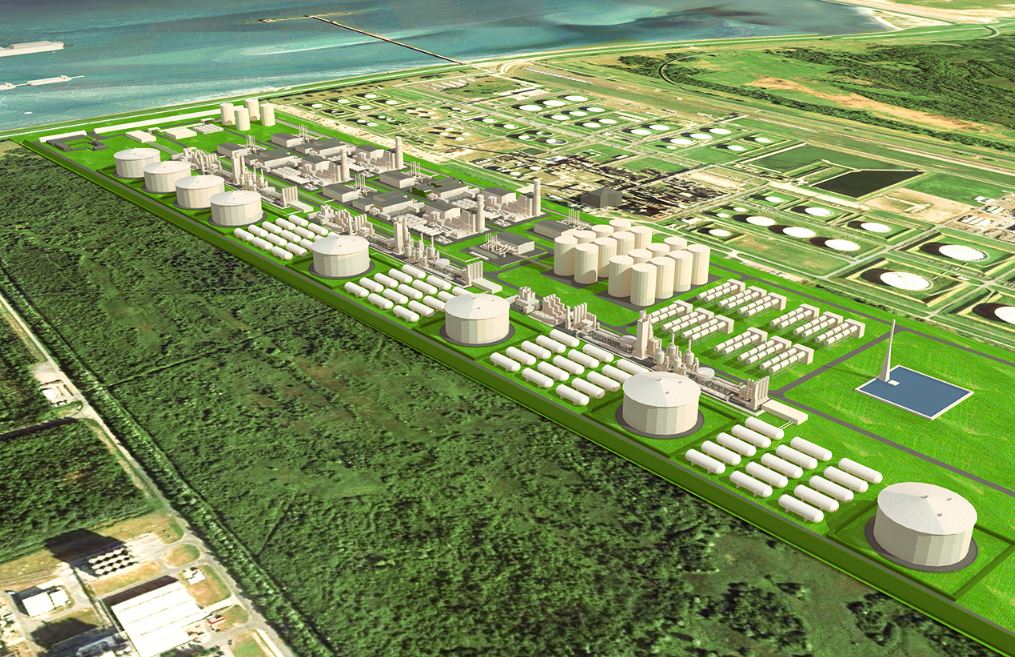Belgium-based Tree Energy Solutions (TES), the developer of an LNG and hydrogen hub in Wilhelmshaven, said that the project had been included in the list of priority projects supported by the German government’s new LNG law.
Germany’s parliament passed the LNG acceleration law on May 19, followed by the Federal Council approval one day later.
The aim of this law is to accelerate the implementation of the critical infrastructure needed to secure the energy supply of Germany and its short-term gas imports.
The new law would reduce permitting and associated approval periods for the construction of onshore import facilities as part of the Wilhelmshaven Green Energy Hub, specifically on the Voslapper Groden location, TES said on Wednesday.
Such acceleration would support the targeted start of operations of gas imports from 2025 onwards to secure German gas supplies, it said.
Subsequently, TES said it would replace fossil gas imports with hydrogen-based green gas imports to decarbonize and diversify the energy system from 2028 onwards.
The Wilhelmshaven terminal would include 6 ship berths, 1.6 billion cubic meters of onshore storage capacity using 8 onsite tanks, the regasification equipment and the main connection to the OGE gas grid.
Reducing Germany’s energy dependence
TES said this terminal would play a “key role” in reducing Germany’s energy dependence on Russia, as well as in the shift to obtain “fossil-free” energy imports, based on green hydrogen.
Last month, the firm launched an open season to fast-track LNG imports into Germany.
TES is planning for the initial capacity to import up to 16 to 20 billion cubic meters per year from 2025 onwards.
Germany currently has no LNG import facilities but it has recently chartered four FSRUs and started building the first import terminal in Wilhelmshaven, as part of plans to cut Russian gas supplies.
Locations such as Brunsbuettel, Stade, and other would also host LNG import facilities, while most of the LNG supplies would come from producers such as Qatar and the US.

